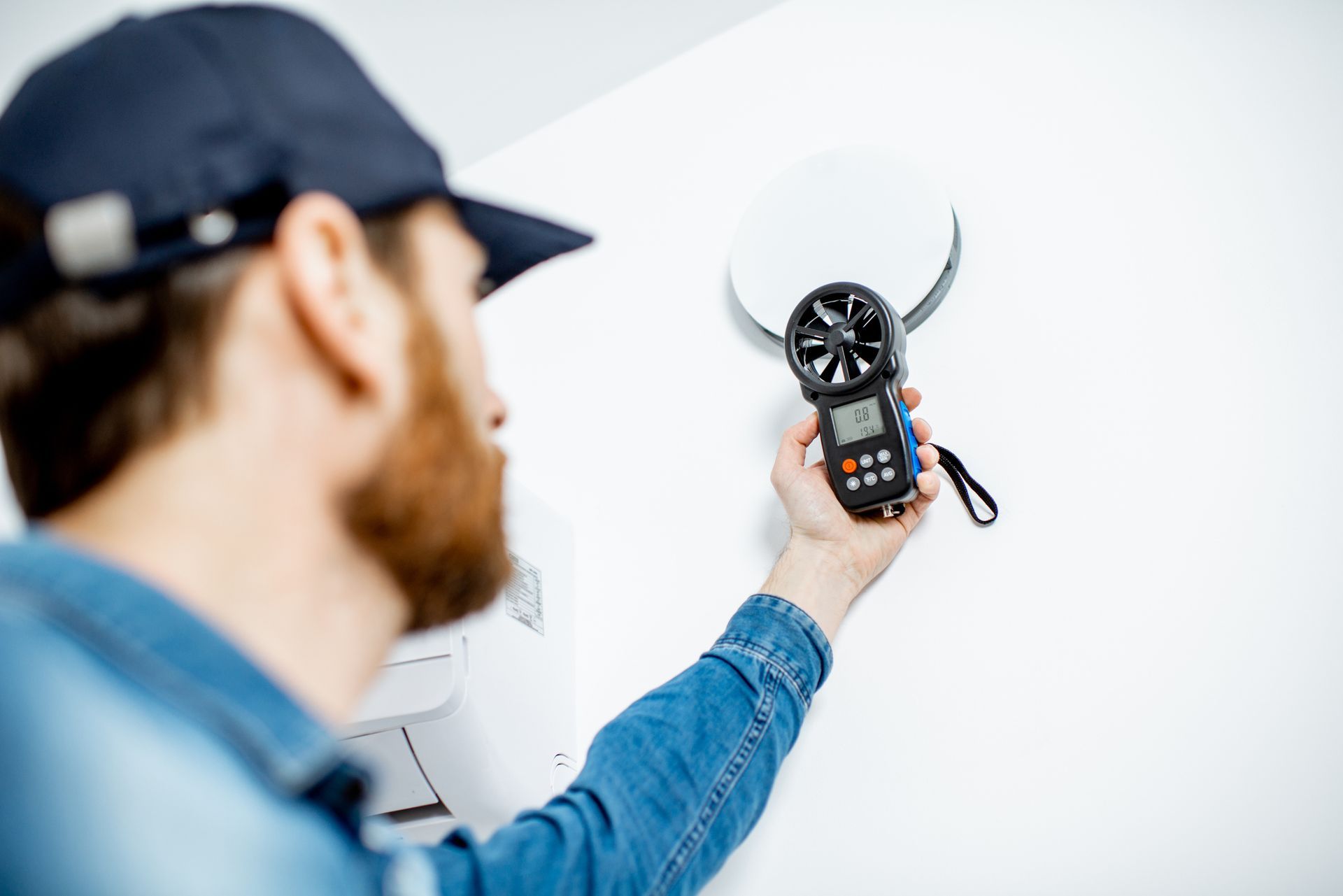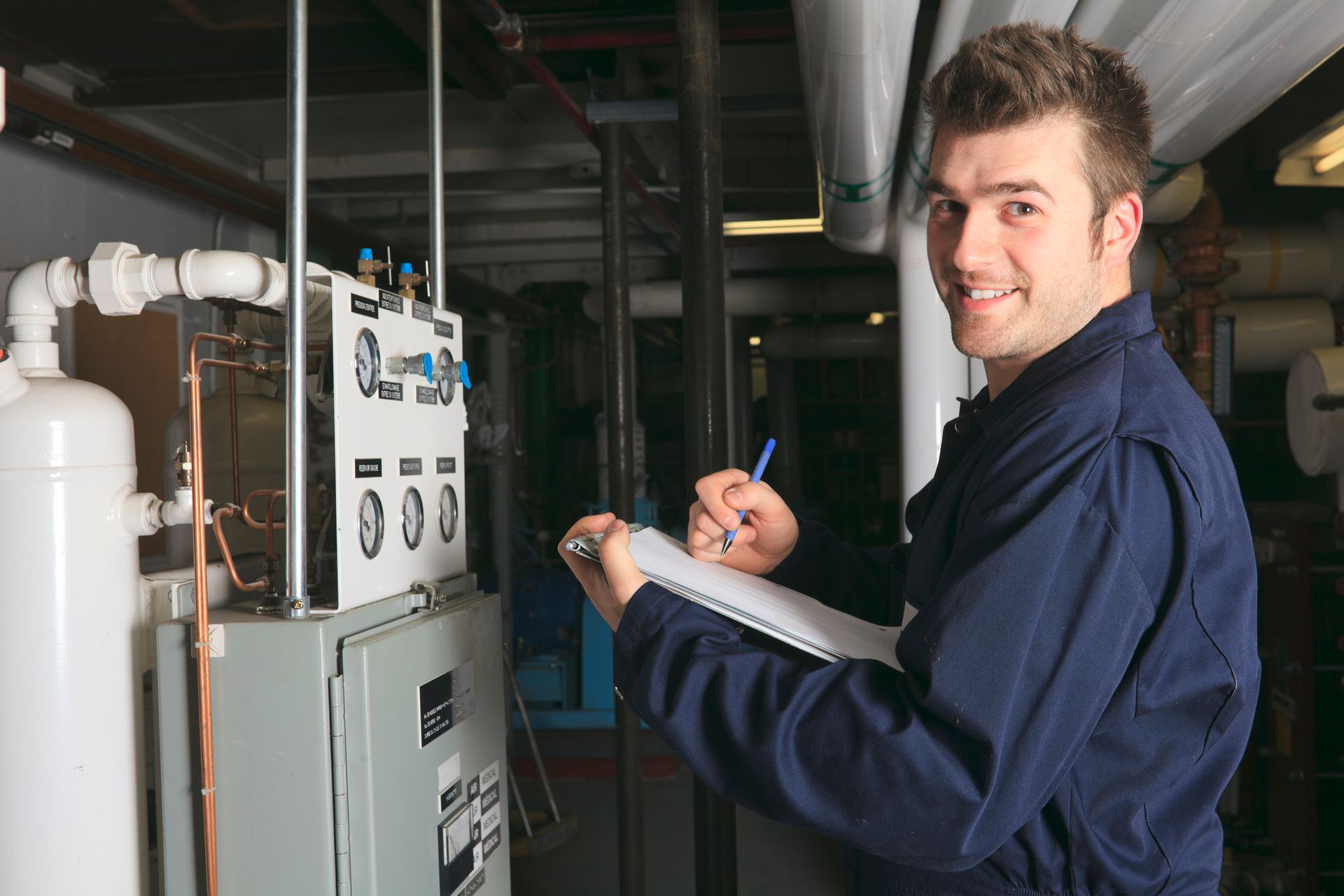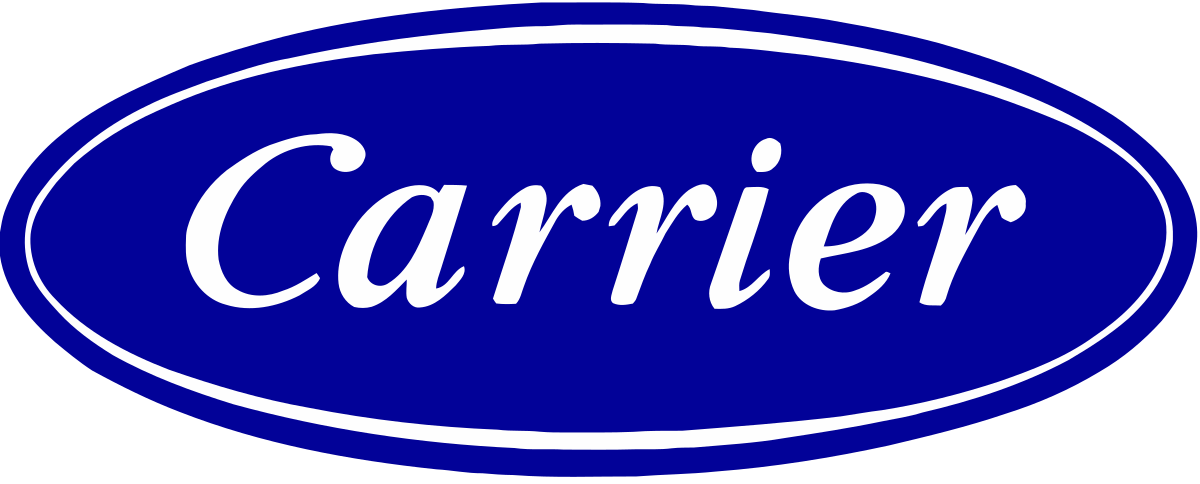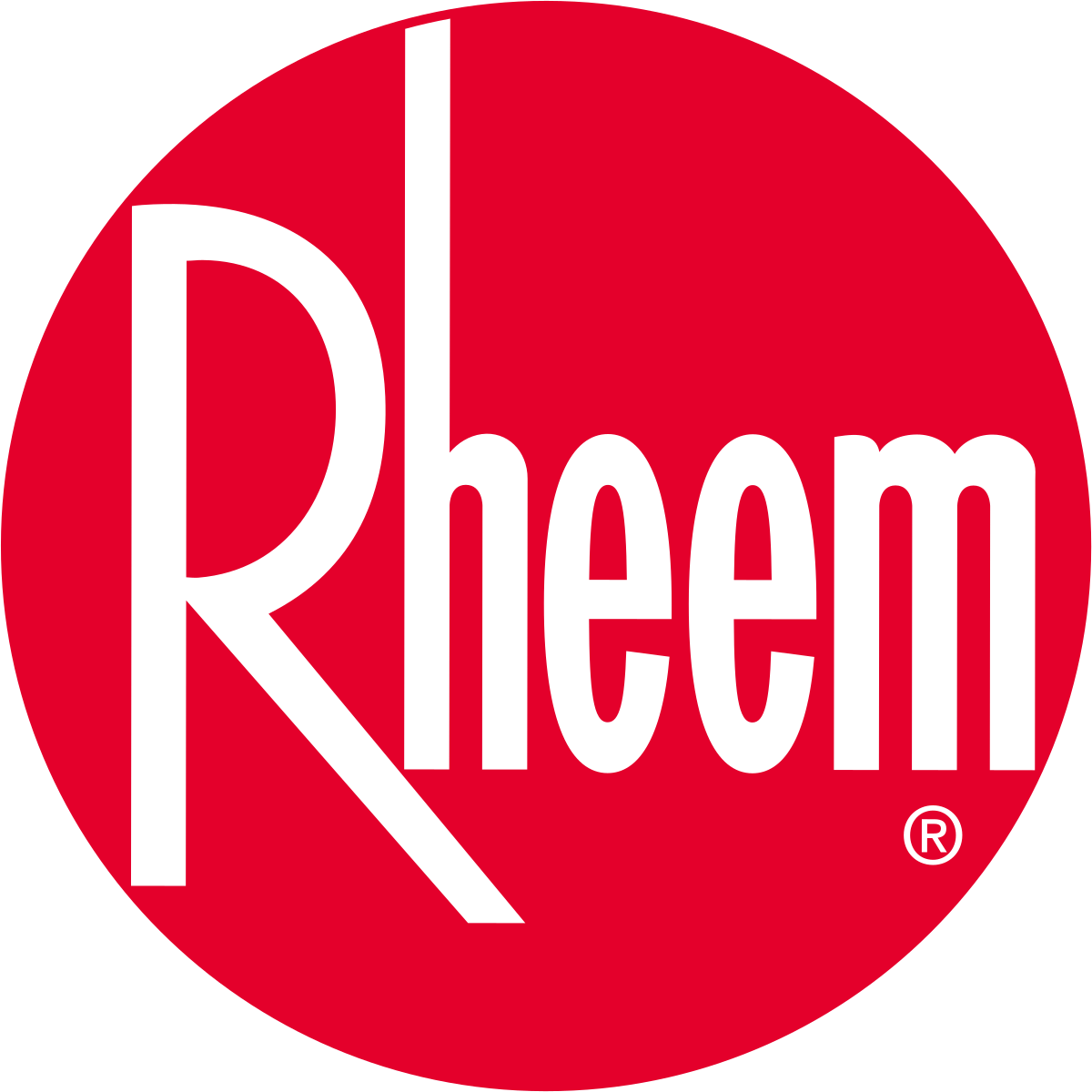While not every HVAC system in your Portland home requires electricity, many of them do. Your air conditioner , electric furnace or water heater and ventilation system all need access to the central power line. So what does that mean for your system and what problems should be you beware of?
How Your HVAC System Uses Electricity
How your HVAC system works depends largely on which components need electricity to operate. Here is a quick summary of how each system uses electricity:
- Air Conditioning – Most air conditioners are electric and therefore use electricity based on the number of BTUs produced. For example, if your air conditioner produces 25,000 BTUs and has a SEER of 16, it can produce 16 BTUs for every watt of electricity consumed per hour. As a result, it consumes 1,562.5 watts per hour when the system is running at maximum capacity. If it runs at full capacity for 8 hours per day, 30 days a month in the summer, that’s 375 kilowatt hours – which is the measurement unit you’ll see on your electric bill.
- Heating – Your heating system may not use electricity, as many homes today use gas or oil combustion furnaces or boilers to produce heat. However, if you have an electric furnace, that electric power is used to heat the filament in the furnace. Electricity also powers the blower fan motor which pushes air across the filament and into the air handler. An electric furnace sized to heat a 1500 square foot home can use up to 8,000 watts per hour to produce enough heat for your home. That converts to roughly 5,000 kilowatt hours per month. The current price of electricity will determine how much this actually costs, you but it can really add up quickly.
- Ventilation – Your ventilation system is almost always going to use electricity to circulate and filter air. While mechanical filters rely on the movement of air to remove certain particles, ventilation systems have a variety of components including fans and possibly even condenser coils to conserve energy as air is exchanged between the inside and outside.
Electricity plays an important role in your Portland HVAC system no matter how your system works. To ensure yours continues to operate as intended, have your power system checked on a regular basis when the rest of your HVAC system is serviced. Call Clean Air Act today to schedule a maintenance appointment for your Portland HVAC system !
The post How Your HVAC System Uses Electricity first appeared on Clean Air Act Inc..



















